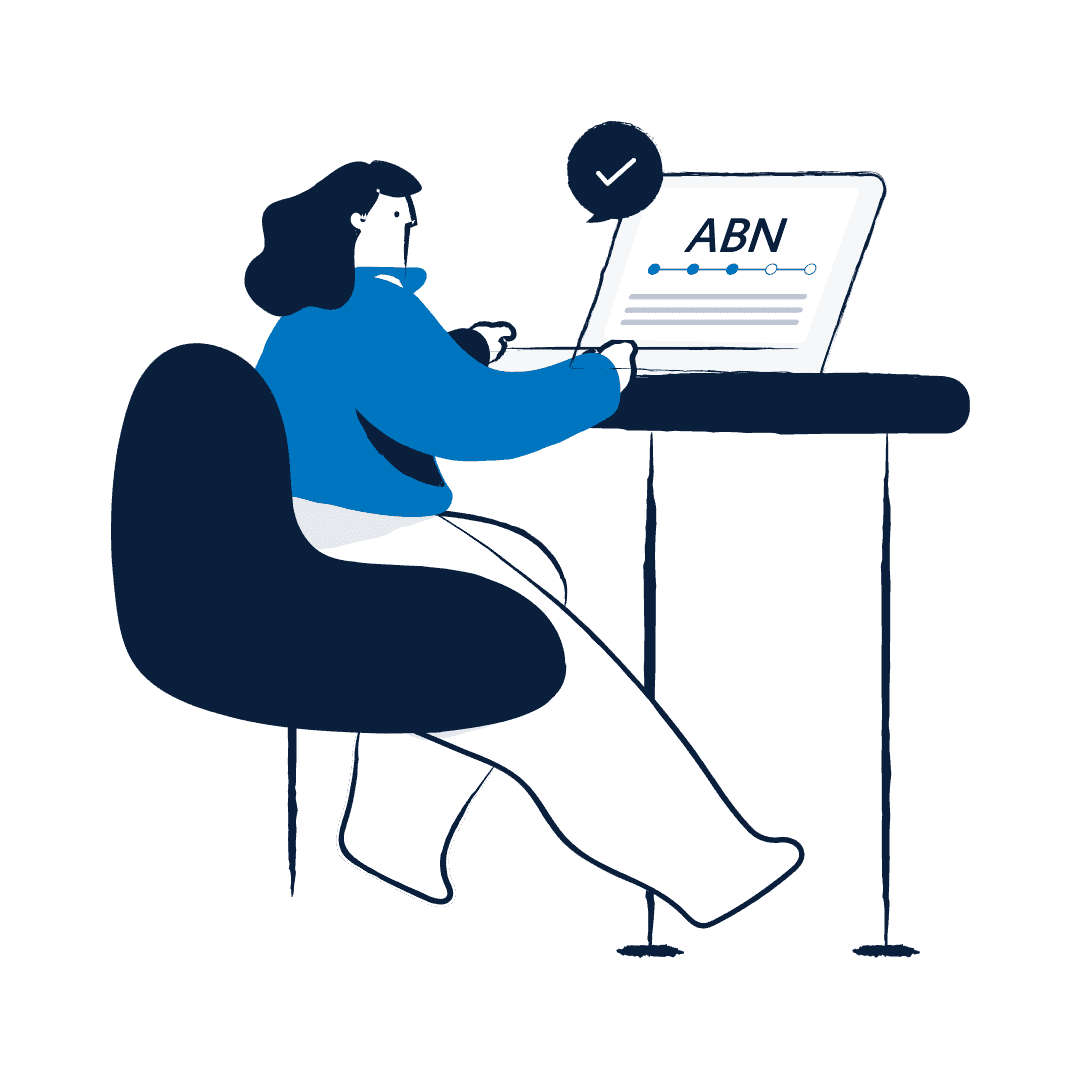Legal Assistant at Aboriginal Legal Service. Formerly Legal Intern at Lawpath.
Businesses are always looking for ways to make their processes better. Whether this relates to employee morale, workplace policies or consultancy, a corporate training business is a great way to lend your expertise and reap the benefits of running your own show. Find out in this article how to start your own corporate training business.
Table of Contents
1. Choose your area of expertise
Corporate training is an umbrella term which can extend into many other areas. Depending on your interests and professional experience, you can train businesses in many different areas. Another option is to become a representative who trains workplaces in using certain products, such as software or accounting systems. Once you know what area you want to train other organisations in, you can include this in your business plan.
2. Get some credentials
Professional experience is worth a lot, but you can also further solidify your credentials by obtaining a qualification. This could be a certificate in management consultancy, or in another broad area such as HR. Having an extra qualification will give potential clients confidence in your abilities and assure people that you know what you’re talking about.
3. Plan your program
Once you know what you want to train businesses in and have the right credentials, it’s time to plan your program. Many training businesses will run their sessions by doing a presentation, followed by an interactive session where employees can work together to find solutions. Running a program which is engaging is just as important as running one which provides useful information.
4. Register your business
Before you can legally trade, you will first need to register for an Australian Business Number (ABN). An ABN allows you to be identified by and interact with other businesses. It is also a necessary requirement by the government for tax and administration purposes before you start trading. Picking the right type of business structure for you and your business is vital. This determines the licenses you require, the tax you will pay and how much control you have over the business. The three main structures in Australia are sole trader, partnership and company. A sole trader and partnership means you and any business partners will have absolute legal and financial responsibility for your business. Conversely, operating under a company structure will mean that your business is considered a separate legal entity.

Start your ABN application in minutes!
Need an Australian Business Number to start a casual job? We've got you covered.
5. Research the market
Undertaking market research is vital for any business. Researching the market generally, as well as your competitors will give you a good idea of what you need to do to be different. Researching the types of businesses that normally seek corporate training services will also help you when you devise your marketing strategy – do you want to target small business, or larger corporate entities? Further, do you want to specialise in an industry such as hospitality or target your training to the corporate sector?
Finally
Corporate training is a large sector where you can choose what you want to teach, and who you want to teach it to. After you have trained your first few clients, you’ll be able to build up a solid customer base through word of mouth and networking. It’s important to understand that even if you don’t have clients running to you immediately, building up your business will take some time – so don’t lose heart.
Don't know where to start?
Contact us on 1800 529 728 to learn more about customising legal documents, obtaining a fixed-fee quote from our network of 600+ expert lawyers or to get answers to your legal questions.






